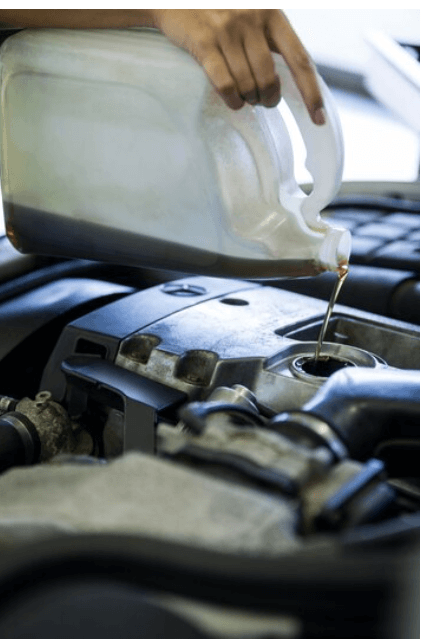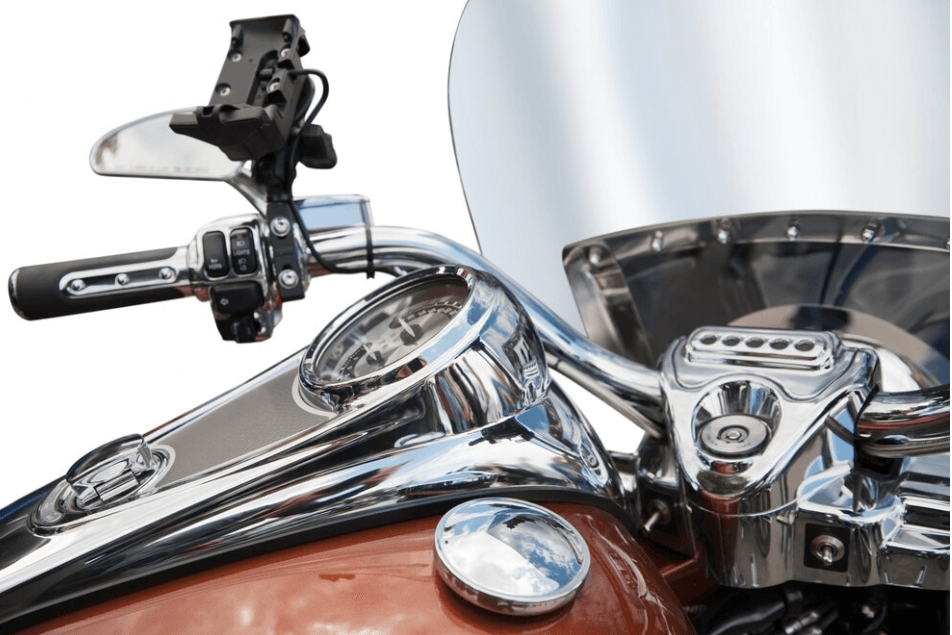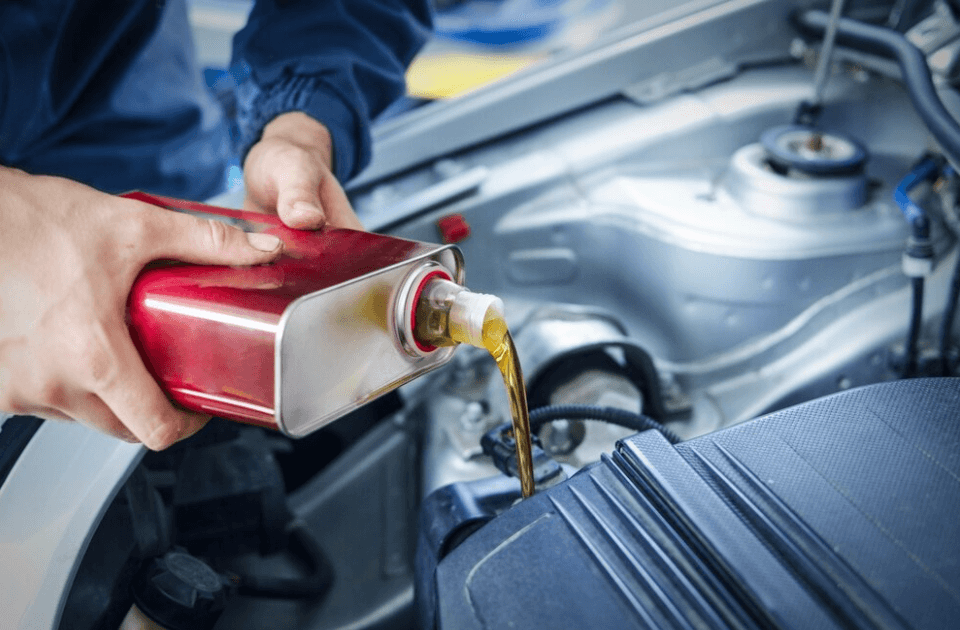Ever wondered about the consequences of swapping motor oil grades? I have been wandering too. That is why I ask myself this particular question. what happens if I use 10W40 instead of 10W30?
My husband just bought a car for me, and I am curious about which of the two engine oils in the manual I should continue with. Hence, this blog post. I knew that some of you would be in my shoes one day, and to help you go about it, I wrote this comprehensive guide.
In this blog, I promise to explain the consequences of choosing 10W40 over 10W30, or vice versa. You will discover how this seemingly small change can impact engine performance, durability, and overall vehicle health. Here I am to provide clear answers to your questions, expert insights, and practical tips to keep your engine purring smoothly.
If this is what you have a curious mind about, stay with me as I uncover the differences between 10W40 and 10W30, explore how they affect your engine and offer valuable recommendations to ensure your vehicle runs at its optimal best. Let’s get started right away.

What happens if I use 10W40 instead of 10W30?
Based on my 6 years at a car rental agency, using 10W40 instead of 10W30 may lead to reduced fuel efficiency and potential engine strain. It’s crucial to follow the manufacturer’s recommended oil viscosity for optimal engine performance and durability.
When considering the use of 10W40 instead of 10W30, it’s important to understand the implications for your vehicle’s engine. if you deviate from the manufacturer’s recommended oil viscosity, it can impact the engine’s lubrication and performance.
Using a higher-viscosity oil like 10W40 might result in reduced fuel efficiency because the thicker oil may create more resistance within the engine. This can lead to increased fuel consumption over time. Additionally, the oil pump may have to work harder to circulate the thicker oil, potentially causing extra strain on the engine components.
10W30 vs. 10W40: The Differences and How to Choose One.
When it comes to choosing the right oil for your engine, as I used to say, understanding the details is key. One major distinction lies in the “elastomeric” content. You’ll find that 10W40 has a higher elastomeric content compared to 10W30, making it ideal for diesel engines.
The thickness of the oil at hot temperatures is another critical factor. In this matchup, 10W40 oil is slightly thicker than the 10W30 variant. The high-temperature viscosity plays a crucial role; remember, the higher the number after the ‘w,’ the thicker the oil at high temperatures. So, 10W40 would be thicker than 10W30 in this scenario.
When you have to choose between 10W30 and 10W40, consider the specific requirements of your vehicle. Diesel engines typically benefit from the higher elastomeric content in 10W40. To make an informed decision, it’s essential to comprehend the differences between these two oil grades and how they perform when compared to each other.
In short, the main difference between 10W30 and 10W40 lies in their elastomeric content and thickness at hot temperatures. Your choice ultimately depends on your engine type and operating conditions. So, when it comes to the difference between 10W30 and 10W40, understanding these nuances empowers you to make the right choice for optimal engine performance and durability.

Can you mix 10w30 and 10w40?
You are wondering, just like me when my husband got me that car, “Can you mix 10W30 and 10W40?” Well, the answer is a resounding “Yes, you can mix them.” Blending these oil viscosities is generally safe for your engine. The key is not to use oil that is bad for motorcycles, ensuring compatibility with your vehicle.
You might be thinking, “But by only a small amount, right?” Absolutely! You can mix 10W30 and 10W40, and doing so in small proportions won’t cause any issues. It’s like a harmonious blend that won’t disrupt the engine’s performance. 10W30 should be no problem at all, and the mixture will work the same in cold weather as 10W40. There should be no issue with the combination.
So, if you still have your doubts, go ahead! “You’ll be fine. Can you mix 10W40 and 10W30? The answer is yes. Remember, you have the flexibility to do so without worrying about adverse effects on your engine. It’s a simple and hassle-free way to ensure your vehicle runs smoothly. Just keep in mind to use good-quality oil and enjoy the benefits of a well-mixed blend for your engine’s well-being.
Can I use 10w40 instead of 5w30 in the summer?
Do you still doubt using 10W40 instead of 5W30 in the summer? It’s a common question on everyone’s lips, and the answer lies in the specific needs of your engine. You can use 5W-40 anywhere; a 10W-40 is recommended. While using 10W40 for one oil change won’t do any harm, it’s crucial to consider the manufacturer’s guidelines for optimal engine performance.
Yes, it is not a good idea to switch out 10W40 instead of 5W30, as they have different viscosity grades. The 10/40 protects better at ambient temps over 30 degrees. It’s essential to understand that zero-weight oils, like 5W30, are designed for better cold-start lubrication, ensuring smooth operation in colder temperatures.
You should always consider your climate and driving conditions before making a decision. If your vehicle is designed for 5W30, stick to it for maximum efficiency. Remember, adhering to the manufacturer’s recommendations is the key to maintaining your engine’s health and performance, especially during the summer when temperature variations come into play.
The 10W30 vs 10w40 oil pressure
some of the 10W30 and 10W40 oil pressures are highlighted below:
- Both oils carry the commonality of the “10W” rating, denoting their cold start viscosity. This rating implies that they are formulated to be more manageable in colder temperatures. The “W” stands for winter, indicating their performance in cold weather conditions. 10W30, with its slightly thinner viscosity, may be preferred for engines in colder climates or for lighter-duty applications.
- Regarding oil pressure, both 10W30 and 10W40 oils typically fall within the range of 5 psi to 9 psi over 5W-30. However, 10W40 tends to have ten more W’s than 10W30, signifying a thicker viscosity. The additional W’s mean more fortifiers to maintain the viscosity at higher temperatures. This thicker viscosity is beneficial in protecting components under extreme pressure and heat.
- 10W40 might be preferred for engines operating in warmer climates or subjected to heavy loads. It often exhibits better adherence to engine components, ensuring optimal protection even under stress.
- The choice between 10W30 and 10W40 could impact oil pressure during a cold start, affecting engine performance. Cold start viscosity is crucial for efficient lubrication during initial engine operation.
- While both oils maintain their viscosity under extreme conditions, the extra fortifiers in 10W40 enhance their resilience. The higher viscosity of 10W40 makes it a suitable choice for engines operating in warmer climates.
- It is commonly recommended for vehicles engaged in towing or hauling heavy loads. Oil pressure considerations are crucial, especially for engines running around 50ish hwy or enduring strenuous activities.
- The differences in oil pressure characteristics can influence overall engine health and longevity. Both oils play a vital role in maintaining optimal oil pressure and ensuring proper lubrication and protection.
- Oil pressure variations are normal, but understanding the nuances between 10W30 and 10W40 can guide your choice based on your vehicle’s needs.
Ultimately, whether it’s 10W30 or 10W40, paying attention to oil pressure and choosing the right oil for your engine’s demands is key to a healthy and efficient vehicle.
Difference between 0w-20 and 10w 40
Are you curious about the difference between 0W-20 and 10W-40 oils? Let’s break it down! At operating temperature, 0W-20 is slightly more viscous than 10W-40, offering effective lubrication without causing excess friction. On the other side, 10W-40 is several times more viscous at lower temperatures, making it a go-to choice for warmer climates. The ‘0W’ in 0W-20 indicates that it performs exceptionally well in cold weather, providing smoother starts. Meanwhile, 10W-40, being thicker than 10W-30, suits engines that demand a bit more substance.
The ’20’ in 0W-20 and 10W-40 refers to the viscosity measurement value, where the latter is thicker at operating temperatures. When it comes to cold climates, the 0W-20 shines, ensuring your engine performs well without excessive friction. On the other hand, 10W-40 stands out in warmer conditions, proving its worth with a slightly higher viscosity. So, in essence, the difference between 0W-20 and 10W-40 lies in their viscosity characteristics, catering to diverse engine needs in various weather conditions.”
Can I use 10W40 instead of 10W30 on my motorcycle?

Can I use 10W40 instead of 10W30 on my motorcycle?” Well, the answer isn’t a straightforward yes or no. If your manual recommends 10W30, it’s generally wise to stick with it. The 10W is the winter cold weight, and both engine oil grades should work fine. The 10W40 viscosity will work just fine on the bike, but there’s a catch. It will have slightly higher additive levels than 10W30, ensuring the same performance at cold-temperature startups. So, yes, you can use 10W40 without a problem, but if the manual specifies 10W30, you should use it.
No need to worry about a significant difference; the choice boils down to the manufacturer’s recommendations. Whether it’s a 10w30 vs. 10w40 scenario or considering M1 10w40 High Mileage, you can choose the recommended oil for optimal engine performance. Should you err on the side of caution? Absolutely. Follow the manual, especially with specific recommendations like the M1 10w40 High Mileage, to ensure your bike runs smoothly and efficiently. Can you use 10W-30 GENERATOR oil on your motorcycle? While generators can take this oil, it’s crucial to verify your motorcycle’s requirements for the best results.
I believe I have dealt justly with all questions bothering your mind about the use of 10W20, 10W30, 10W40, or 5W30. Either swap, mix, or use it for your generator and motorcycle. The oil pressure between these oils and the benefit. Feel free to reach out to me by dropping your comments in the comment section below. My blog promises to bring you insightful information about your car.

With Over 7 years of experience dealing with car owners as a car lease agent, I have gained matchless car knowledge to help every car owner know what exactly is wrong with their cars.


